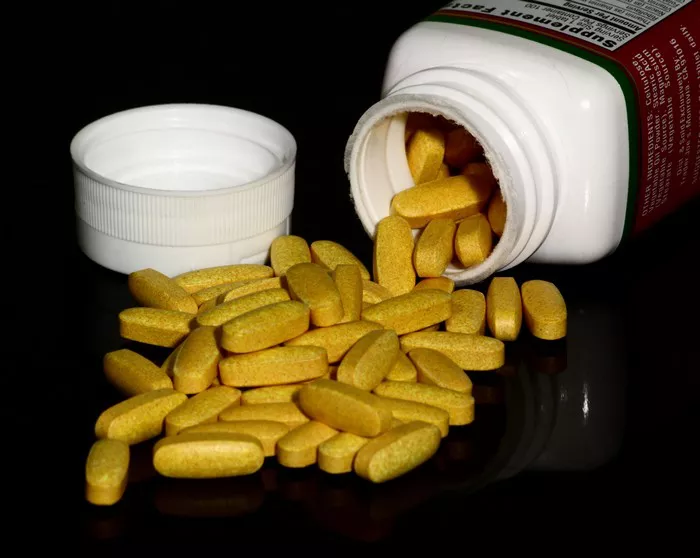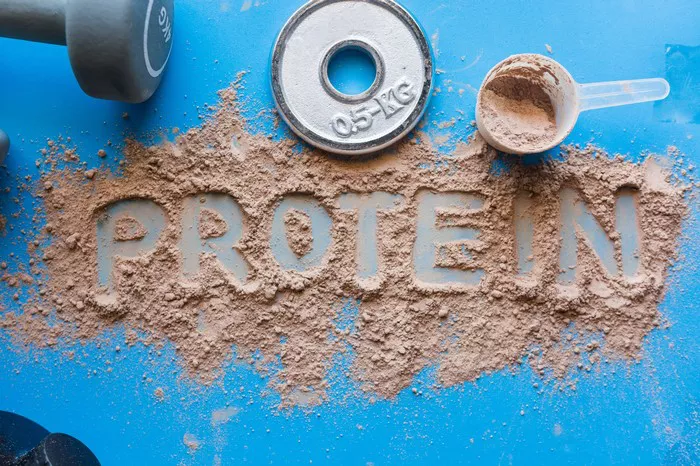Cold sores, also known as fever blisters, are small, painful blisters that typically appear on the lips or around the mouth. They are caused by the herpes simplex virus (HSV), specifically HSV-1, although HSV-2 can also cause oral herpes in some cases. Common triggers for cold sore outbreaks include stress, fatigue, sun exposure, hormonal changes, and a weakened immune system.
Vitamins and Supplements:
While there is no cure for cold sores, certain vitamins and supplements may help manage symptoms and reduce the frequency of outbreaks. Here are some key options to consider:
Lysine:
Lysine is an essential amino acid that plays a crucial role in protein synthesis and immune function.
Some research suggests that lysine may inhibit the replication of the herpes virus and reduce the frequency and severity of cold sore outbreaks.
Lysine supplements are available over-the-counter in various forms, including tablets, capsules, and creams. The recommended dosage for preventing cold sores is typically around 1,000-3,000 mg per day.
Vitamin C:
Vitamin C, also known as ascorbic acid, is a potent antioxidant that plays a key role in immune function.
While vitamin C does not directly attack the herpes virus, it may help strengthen the immune system and support the body’s ability to fight off infections, including cold sores.
Incorporating vitamin C-rich foods such as citrus fruits, berries, and leafy greens into your diet can help boost your immune system and potentially reduce the frequency of cold sore outbreaks.
B Vitamins:
B vitamins, particularly vitamin B-12, are essential for nerve health and immune function.
While there is limited research specifically on B vitamins and cold sores, maintaining adequate levels of B vitamins may indirectly support immune function and help manage cold sore outbreaks.
Foods rich in B vitamins include meat, fish, eggs, dairy products, nuts, seeds, and fortified cereals.
Zinc:
Zinc is an essential mineral that plays a crucial role in immune function, wound healing, and skin health.
Some studies suggest that zinc may help reduce the duration of cold sore outbreaks when taken at the first sign of symptoms.
Zinc supplements are available in various forms, including tablets, lozenges, and nasal sprays.
Effectiveness and Limitations:
While vitamins and supplements may offer some benefits for managing cold sores, it’s essential to understand their limitations:
Scientific evidence for the effectiveness of vitamins and supplements in preventing cold sores is limited, and more research is needed to confirm their efficacy. Vitamins and supplements are not a cure for the herpes virus and may not work for everyone. Individual responses to these remedies may vary. It’s essential to consult with a healthcare professional before starting any new vitamin or supplement regimen, especially if you have underlying health conditions or are taking medications that may interact with these supplements.
Other Prevention Strategies:
In addition to vitamins and supplements, there are several other strategies you can incorporate into your daily routine to help prevent cold sore outbreaks:
Stress Management:
Stress is a common trigger for cold sore outbreaks. Practicing stress-reducing techniques such as yoga, meditation, deep breathing exercises, or mindfulness can help lower stress levels and reduce the likelihood of outbreaks.
Sun Protection:
Sun exposure can trigger cold sore outbreaks in some individuals. Protect your lips and skin from the sun’s harmful UV rays by wearing sunscreen, lip balm with SPF, hats, and sunglasses when outdoors.
Healthy Lifestyle:
Maintain a balanced diet rich in fruits, vegetables, whole grains, lean proteins, and healthy fats to support overall health and immune function.
Stay hydrated, get regular exercise, prioritize adequate sleep, and avoid smoking and excessive alcohol consumption to keep your immune system strong and resilient.
Consulting a Doctor:
If you experience frequent or severe cold sore outbreaks, it’s essential to seek medical advice from a doctor or dermatologist. They can provide personalized recommendations and discuss prescription antiviral medications that may help manage and prevent outbreaks. Prescription antiviral medications such as acyclovir, valacyclovir, and famciclovir are commonly used to treat cold sores and can help shorten the duration of outbreaks when taken at the first sign of symptoms.
In conclusion, while vitamins and supplements may offer some benefits for managing cold sores, they are not a substitute for conventional medical treatment. It’s essential to adopt a comprehensive approach to cold sore prevention that includes healthy lifestyle habits, stress management techniques, sun protection, and, if necessary, prescription antiviral medications. Consult with a healthcare professional for personalized advice and guidance on managing cold sores effectively.
[inline_related_posts title=”You Might Be Interested In” title_align=”left” style=”list” number=”6″ align=”none” ids=”6671,6596,6723″ by=”categories” orderby=”rand” order=”DESC” hide_thumb=”no” thumb_right=”no” views=”no” date=”yes” grid_columns=”2″ post_type=”” tax=””]
































